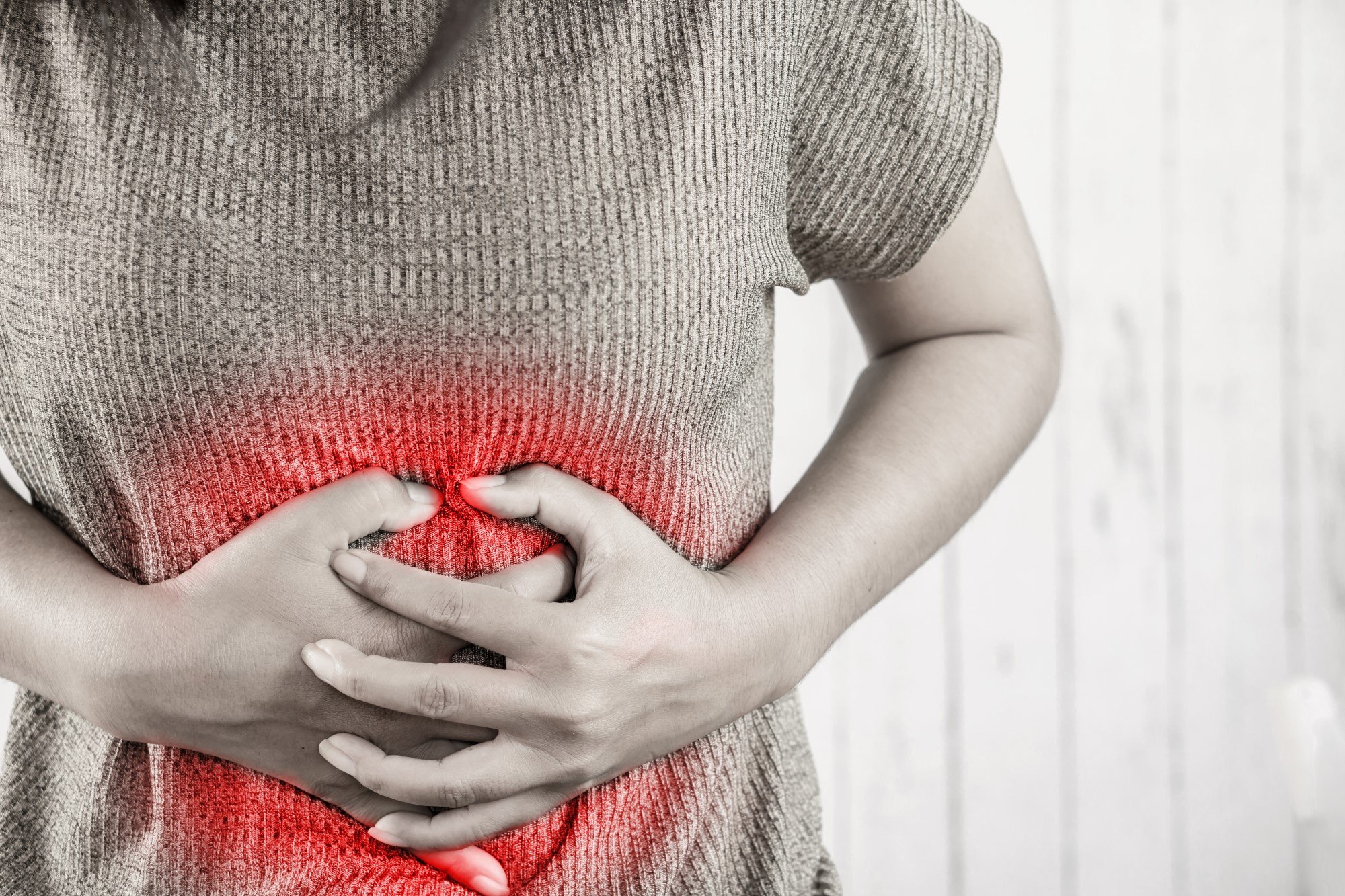Duodenal Ulcer: Symptoms, Causes, Treatment
What are the symptoms of duodenal ulcer?
Duodenal ulcers are sores that develop in the lining of the duodenum, which is the first part of the small intestine. Symptoms of a duodenal ulcer can vary, but common signs and symptoms include:
- Abdominal Pain: The most common symptom of a duodenal ulcer is a dull or burning pain in the upper abdomen, typically between the breastbone and the navel. The pain may come and go and is often worse on an empty stomach or at night.
- Bloating: Some people with duodenal ulcers may experience bloating or a feeling of fullness in the abdomen, especially after meals.
- Nausea and Vomiting: Nausea and vomiting can occur in some cases, particularly if the ulcer is causing obstruction or irritation of the stomach lining.
- Loss of Appetite: A duodenal ulcer can lead to a loss of appetite or changes in eating habits.
- Unexplained Weight Loss: Some individuals with duodenal ulcers may experience unexplained weight loss due to decreased appetite and changes in eating patterns.
- Dark, Tarry Stools: In some cases, a duodenal ulcer can cause bleeding, which may result in the passage of dark, tarry stools (melena).
- Fatigue: Chronic bleeding from a duodenal ulcer can lead to iron deficiency anemia, which may cause fatigue and weakness.
It’s important to note that not everyone with a duodenal ulcer will experience symptoms, and the severity of symptoms can vary. If you experience persistent abdominal pain or other symptoms suggestive of a duodenal ulcer, it’s important to see a healthcare provider for evaluation and appropriate management.
What are the causes of duodenal ulcer?
The primary cause of duodenal ulcers is the presence of Helicobacter pylori (H. pylori) bacteria in the stomach. However, other factors can contribute to the development of duodenal ulcers, including:
- H. pylori Infection: H. pylori is a type of bacteria that can infect the lining of the stomach and duodenum, leading to inflammation and the formation of ulcers.
- Nonsteroidal Anti-Inflammatory Drugs (NSAIDs): Regular use of NSAIDs, such as aspirin, ibuprofen, and naproxen, can irritate the stomach lining and increase the risk of developing ulcers.
- Acid Production: Excessive acid production in the stomach can increase the risk of developing ulcers, especially in individuals with conditions such as Zollinger-Ellison syndrome.
- Smoking: Smoking can increase the risk of developing ulcers and can also interfere with the healing process.
- Alcohol: Excessive alcohol consumption can irritate the stomach lining and increase the risk of developing ulcers.
- Stress: While stress is not a direct cause of duodenal ulcers, it can increase stomach acid production, which can exacerbate ulcer symptoms.
- Genetic Factors: Some people may have a genetic predisposition to developing ulcers.
It’s important to note that while these factors can increase the risk of developing duodenal ulcers, not everyone who has these risk factors will develop ulcers. The presence of H. pylori infection is a significant risk factor, and treating the infection can help prevent the development of ulcers.
What is the treatment for duodenal ulcer?
A duodenal ulcer is a type of peptic ulcer that occurs in the lining of the duodenum, which is the first part of the small intestine. Peptic ulcers are open sores that develop when the protective lining of the stomach or duodenum is damaged, allowing stomach acid to come into contact with the sensitive lining underneath.
The primary cause of duodenal ulcers is infection with Helicobacter pylori (H. pylori) bacteria. Other factors that can contribute to the development of duodenal ulcers include the long-term use of nonsteroidal anti-inflammatory drugs (NSAIDs), such as aspirin or ibuprofen, smoking, excessive alcohol consumption, and stress.
Symptoms of a duodenal ulcer can vary but often include abdominal pain, bloating, nausea, vomiting, and weight loss. Treatment for duodenal ulcers typically involves a combination of medications to reduce stomach acid production (such as proton pump inhibitors and H2-receptor antagonists), antibiotics to treat H. pylori infection, and lifestyle changes to reduce risk factors.
Complications of untreated duodenal ulcers can include bleeding, perforation (a hole in the wall of the duodenum), and obstruction (blockage) of the digestive tract. Therefore, it is important to seek medical attention if you suspect you have a duodenal ulcer.




